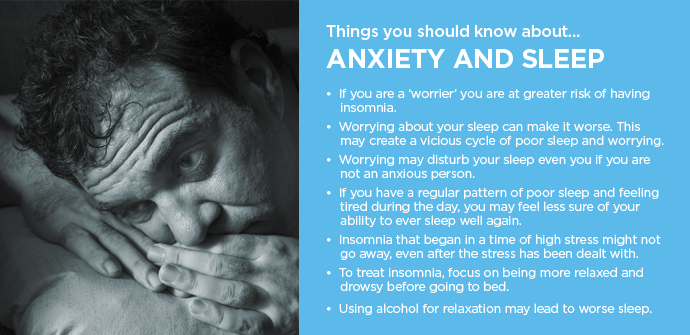
Hepatitis has a reputation as a disease that only affects people who live an unhealthy lifestyle. While factors like sharing needles can greatly increase the chances of contracting a form of viral hepatitis, it is quite possible for almost anybody to come into contact with the disease. Being informed about hepatitis is everybody’s responsibility.
So, what is hepatitis?
The term “hepatitis” refers to inflammation of the liver. There can be many causes and degrees of severity. Normally when people talk about hepatitis, they are talking about one of the viral forms.
- Hepatitis A (HAV) is a virus that is often transmitted by coming into contact with food or water that has been contaminated by faeces of an infected person.
- Hepatitis B (HBV) is a virus that is spread via bodily fluids – blood, semen or similar.
- Hepatitis C (HCV) is a virus that is also spread by contact with bodily fluid.
- Hepatitis D (HDV) is a virus that is spread through direct blood contact, but can’t infect someone unless they also have Hepatitis B. It is uncommon in developed countries.
- Hepatitis E (HEV) is a virus that is spread through contaminated water. It is very uncommon in developed countries.
- You can also get non-viral hepatitis from an auto-immune disease, or as a complication from drugs, alcohol, medications or toxins.
How is hepatitis diagnosed?
Most symptoms of hepatitis aren’t obvious until there is a lot of damage to the liver. First, your doctor will talk to you to try and find any risk factors. You might get a physical exam where the doctor will gently press on your stomach to feel for any abnormal swelling, or if you have pain.
There are blood tests to see how well the liver is working. Abnormal results might be the first sign something is wrong, especially in the early stages. Other blood tests might be necessary to check for a number of factors that might indicate hepatitis.
Ultrasound can be used as a diagnostic tool to check that your liver looks normal. If there are still concerns, your doctor might order a liver biopsy, which is a small sample of tissue that is taken from your liver – normally with a needle instead of surgery. These samples show what’s really going on with your liver.
Treatment
Some types of hepatitis can be cured; some types can be vaccinated against, and some need to be managed. If you are found to have a form of hepatitis, you will need to work closely with your doctor to discuss treatment options.
Avoiding hepatitis
The best ways to avoid hepatitis are:
- Good hygiene practices, including eating at restaurants with high safety standards
- Avoiding blood, including spilled blood, shared drug needles and razors.
- Practising safe sex
- Be extra alert when traveling to developing countries; avoid local water, ice, raw fresh produce and seafood.
- Stay up-to-date with vaccinations.
If you are concerned about any symptoms you might be experiencing, such as lethargy, unexplained weight loss, pale stools, abdominal pain, or if you would like a routine blood test – be sure to see your GP. Up to 90% of people who have hepatitis B are unaware that of their status, and the symptoms are often not obvious in the long-term forms of the disease. Your GP is the best person to help you find peace of mind and good health.



